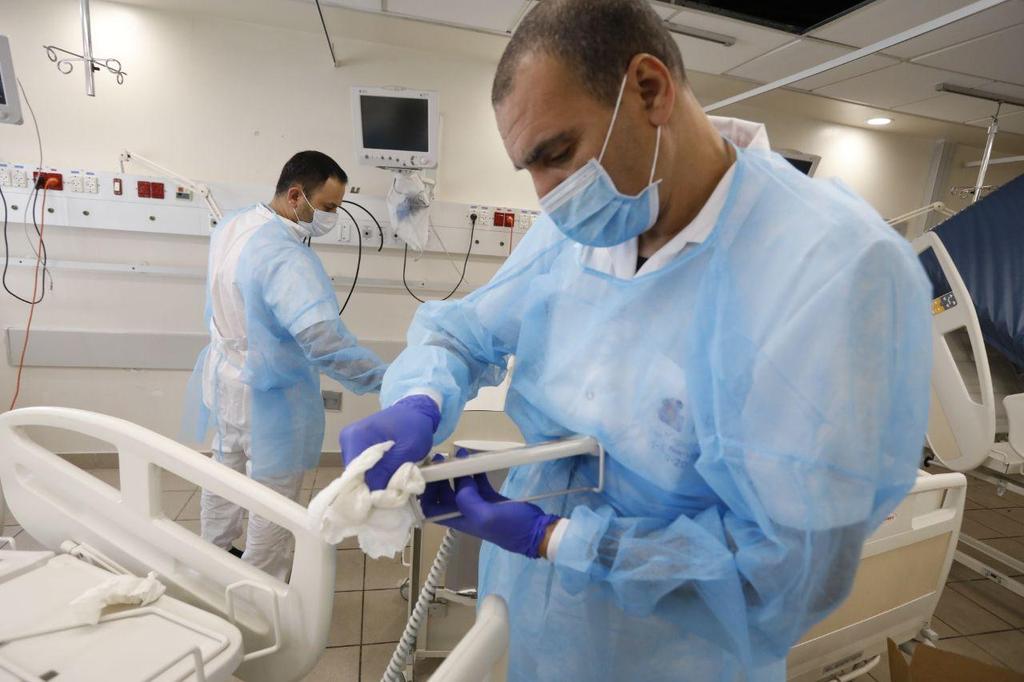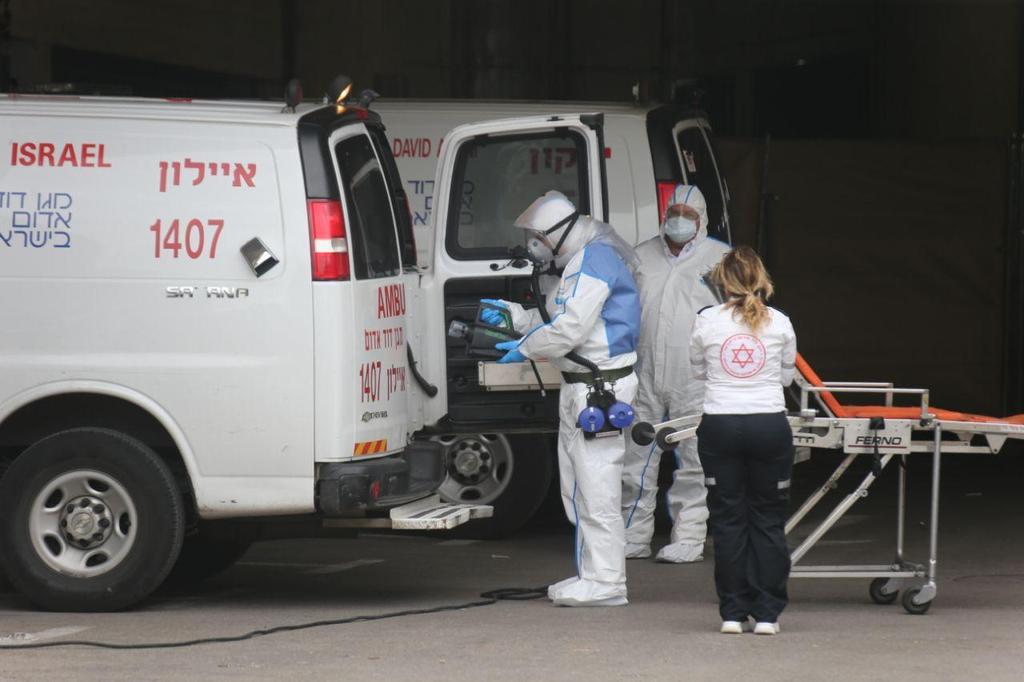What will become of the elderly, who built this country, in Israel's healthcare system? Who is to decide who receives treatment and to what degree?
As an old warhorse when it comes to escorting patients through the halls of hospitals, the one thing that truly scares me is the care will they eventually receive.
Is the risk of the coronavirus greater to the elderly due their advanced age and prior ailments, or is it due to a tragic consideration that it is more worthwhile to save the life of a younger patient? In Italy, this is the case.
Let us not pretty things up, Israel’s healthcare system has had a shortage of mechanical ventilator machines for over 20 years now. Since these machines are the most expansive equipment to purchase and maintain, hospitals have found a temporary solution, with the oldest patients paying the price.
Instead of admitting the elderly to the Intensive Care Unit where there is one staff member for every two or three patients, the healthcare system came up with an alternative solution, a sort of “enhanced Internal ward” within a ward, manned by one nurse for every six or seven or sometimes even more patients, who are connected to a breathing apparatus.
3 View gallery


Installing a new ward for coronavirus patients at Ichilov Hospital in Tel Aviv
(Photo: Shaul Golan)
Usually it’s the elderly who are sent first from the ICU to these “enhanced wards.” What will happen now when the most severe coronavirus cases require respiratory aid? Will young and middle-aged patients receive the same treatment as the elderly? Who determines priority and with what criteria?
In recent years, there has been a rise in the level of contempt for the elderly in Israel, along with a disregard for their rights, their history, their lives, their contributions to society and their families who love them.
From an economic standpoint, giving treatment to the elderly is a lengthy and complex issue. It is more expensive than treating a younger patient who will most likely cost the public system far less, not to mention that an older patient might carry additional health issues due to the virus after recovery, piling on even more expense.
The trend to disrespect the older population has gained traction over the last few years, even prior to the outbreak. What will happen to them during a crisis, when society risks their very lives to save beds, money and those oh-so-precious breathing machines.
Anyone who has ever nursed an elderly patient knows that it is a battle of for life and death even during normal times, and doubly so during a time of crisis such as now.
Not only because it requires a constant fight for medical attention, but because sometimes the decisions made must be examined closely.
What will happen now that each hospitalized patient is allowed only one person to accompany them? Will these escorts be able to cope with the pressure? Will the patients’ families be up to the difficult task? What price with the elderly pay? The imposed limitations are justified, but none the less problematic.
The people in the vanguard of the health system’s fight against the coronavirus must take into account all the implications and bring in a moral arbiter whose primary concern is the well being of the patients, not the price tag.
To the families all I can say is, don’t panic, fight for your loved ones and ask if home treatment is an option and ask if there is anything you can do to help your community - because the health of those who gave us so much is on the line.



